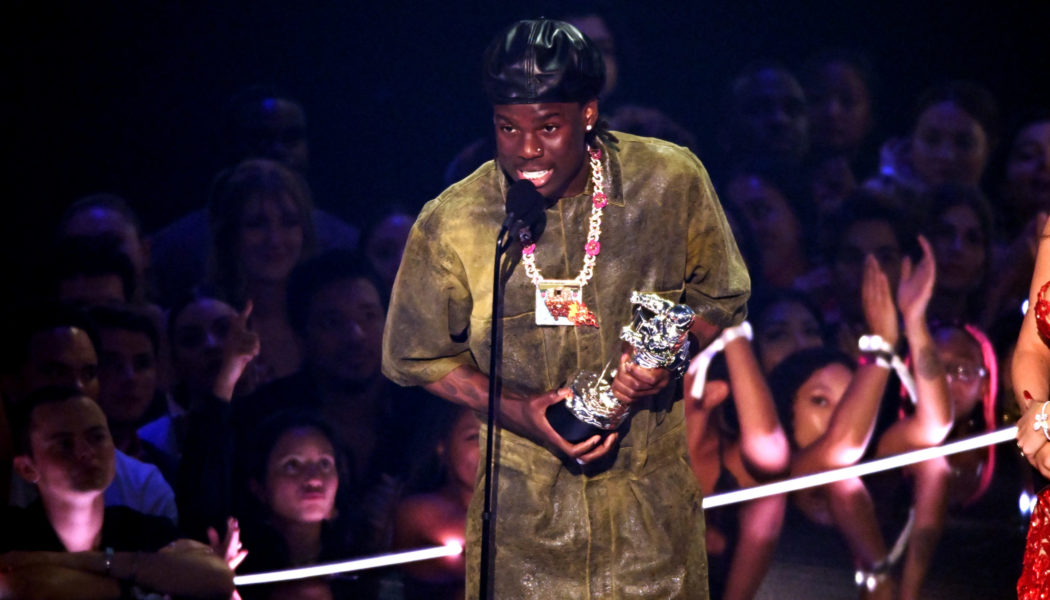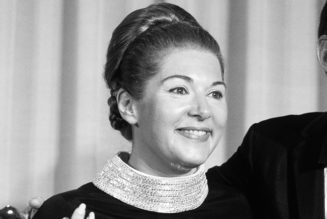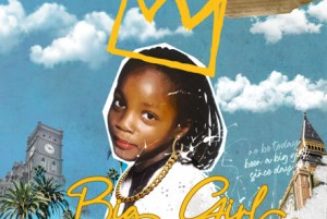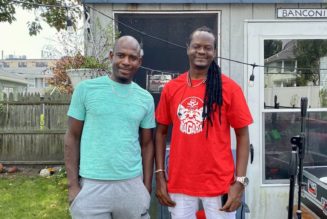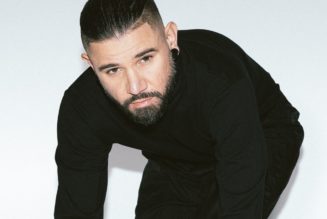At the beginning of 2022, Rolling Stone magazine predicted that Afrobeats was the sound of the future. In 2023, as the world came roaring back from the pandemic, the future arrived.
Burna Boy, Afrobeats’ leading practitioner, sold out stadiums in Paris, London and New York, and wherever he played on the African continent. In the coming days, after a hectic year, he will be performing in Berlin, Antwerp, Amsterdam and Lagos before Christmas.
Other Nigerian giants such as Wizkid, Davido, Tems, Rema, and AyraStarr are dominating Spotify and other streams and their live performances are in huge demand.
Read more in Daily Maverick: Burna Boy and WizKid’s Grammy awards reinforce Afrobeats as a force in global music
Rema’s “Calm Down”, featuring American singer Selena Gomez on the remix, recently became the first Afrobeats track to surpass a billion streams on Spotify.
The impact of Afrobeats is so profound that even the prestigious Grammys carved out a dedicated category for African music this year.
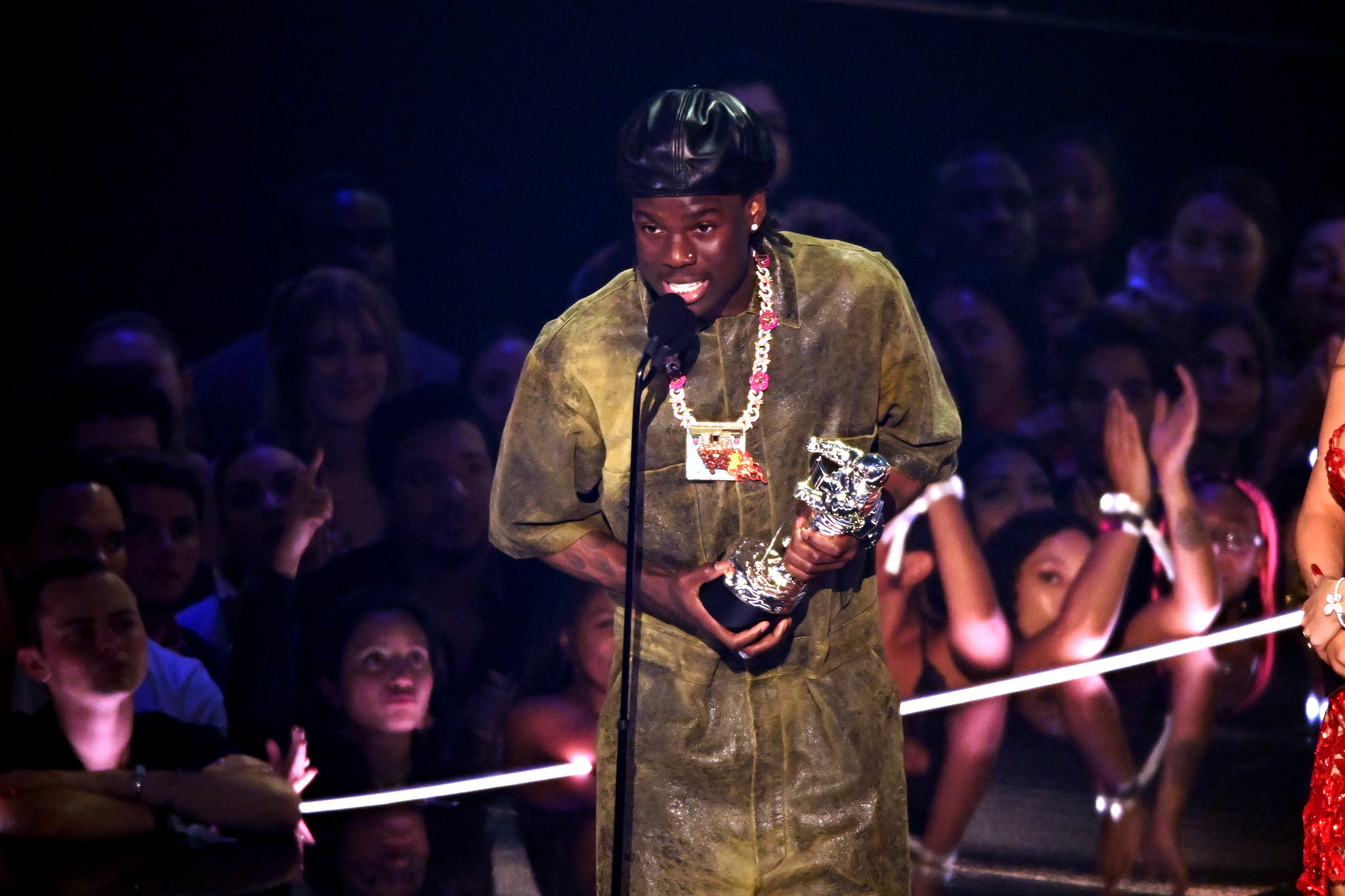
Rema accepts the Best Afrobeats award for “Calm Down” onstage during the 2023 MTV Video Music Awards at Prudential Center on 12 September 2023 in Newark, New Jersey. (Photo: Noam Galai/Getty Images for MTV)
Industry development crucial
But here’s the thing: the country is sitting atop a gold mine, but the Nigerian music industry is on course to net a paltry $44-million in 2023, according to KPMG.
This is a fraction of the billions of dollars that its music is reaping around the world where Western labels are better organised and established in the music business.
A successful local industry could divert some of that revenue and create thousands of opportunities and jobs for creatives and small businesses in management, talent scouting, radio stations, and music directors.
It could entice billionaires like Aliko Dangote to invest in the sector.
Maybe it could reverse the trend whereby many A-list artists choose to spend significant time outside Nigeria. Artists such as Adekunle Gold and his wife Simi, Wizkid, Burna Boy, Yemi Alade and Tekno, among others, reside and spend more time abroad than in Nigeria.
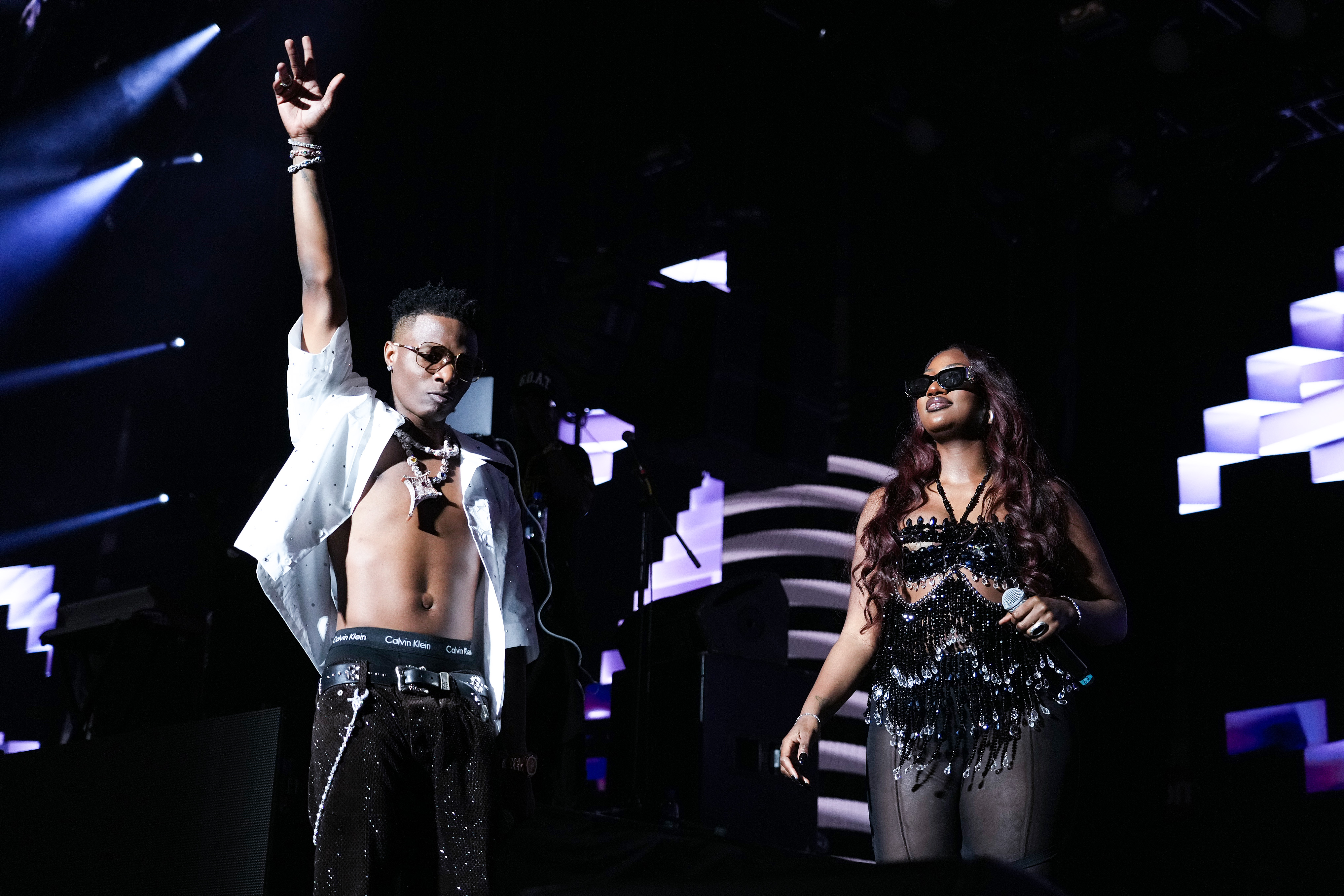
Wizkid and Tems perform onstage during the 2023 ESSENCE Festival Of Culture at Caesars Superdome on 2 July 2023 in New Orleans, Louisiana. (Photo: Bennett Raglin/Getty Images for ESSENCE)
This is mostly understandable: those who have achieved international acclaim face extensive demands of tours, live performances, foreign record deals and endorsements.
Afrobeat fans however increasingly disapprove. They see it as a disregard for their roots and their local audiences. They see many artists only coming home to draw inspiration for their music before jetting off again.
Yemi Alade, fondly called “Mama Africa”, has transcended borders, amassing a fanbase beyond Nigeria, but her star has waned in Nigeria.
Burna Boy in “Twice As Tall” remembers how it was before he made it, how the love from home kept him strong:
I remember when I couldn’t level up
‘Cause the Grammys had me feeling sick as f*ck
Throwing up and sh*t
Asking questions like, “Why it wasn’t us?
Almost had a n*ga feeling envious (serious)
Tell dem say dem can’t bury us
Tell dem say dem can’t bury us
‘Cause the love, make me stand up every time when me fall
Come back standing twice as tall (hmm)
Times have changed. Burna Boy is now nominated for four Grammys and Nigerians have a complex relationship with the global superstar, simultaneously loving and hating him.
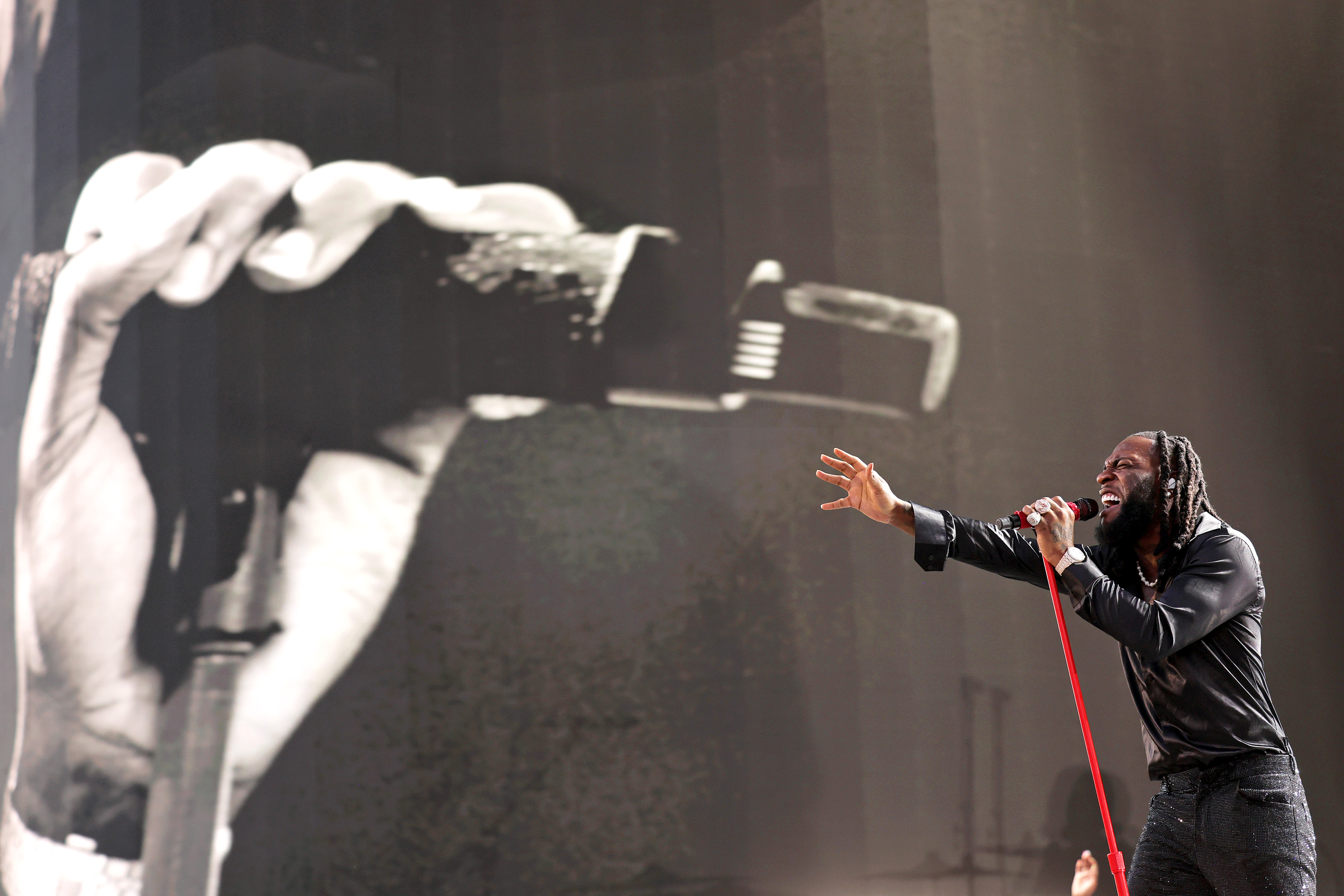
Burna Boy performs on the Coachella Stage during the 2023 Coachella Valley Music and Arts Festival on 21 April 2023 in Indio, California. (Photo: Michael Loccisano/Getty Images for Coachella)
Humble beginnings to stardom
Burna Boy’s musical journey was always meant to be. His grandfather Benson Idonije was Fela Kuti’s manager. His distinctive sense of fashion and unwavering self-confidence in the face of criticism make him a role model for a newly strident young Africa taking its place in the world – and refusing to stand at the back of the queue.
After all, an increasingly large slice of the consumer base is in Nigeria itself. Premium Times newspaper reports that Nigerian performers amass over 30 million monthly listeners worldwide.
Afrobeats is more than anything an expression of the rise of youth culture in Africa’s most populous country. It is part of the “Youthquake”, a term coined by the author Edward Paice to describe the concept of how Africa is growing younger while the rest of the world is getting older. By 2050 one in four people in the world will be African, which today has a median age of 19.
Afrobeats grew out of the steamy and dynamic culture of Lagos: it is urban, vibrant, young and mostly Yoruba, though that is changing. It developed from a unique style of music known as Afrobeat (without the s), popularised by the musician and political activist Fela Kuti in the 1970s.
For decades, Nigerians have developed that sound, making it more appealing to a younger generation and finding new ways of telling the Nigerian story.
At first Afrobeats was a strictly male domain, but female voices gained strength and stars like Yemi Alade and Tiwa Savage, representing the sensuality and vibrancy of African women, empowered younger artists like Ayra Starr, Tems and Nissi to come into their own.
Evolving genre
New artists have absorbed influences from elsewhere, including from the rest of the continent, and the music is constantly innovating and changing.
Amapiano originated in South Africa, but Nigerians have appropriated it and infused it with Afrobeats. Amapiano has been the leading music genre in Nigeria for the last three years.
Kcee (Kingsley Chinweike Okonkwo) infuses the temper of hollowed drums with the compounding passion of Afrobeats, all layered on a healthy borrowing from Amapiano. Kcee’s novelty is the oja Igbo drums which imposes volume on his lyrics. He calls his subgenre Ojapiano.
Generally speaking, Afrobeats is more melodic and chill than the edgy rap and hip hop from the mean streets of America. Even the music of Nigerian rappers like Blaqbonez, Odumodublvck and Shallipopi is joyful.
The music is socially conscious but in a less in-your-face way, and concerns itself with the things that young people think about the most, like romance and sex.
But it is more than the music: it has a sense of style and a sensual energy that requires that its practitioners remain performers. What sets the Nigerians apart is that they are stars, sometimes superstars.
Afrobeats isn’t just Nigeria’s musical triumph, but a torchbearer for Africa. Apart from South Africa, which has a highly developed music scene, Nigeria is lighting the way for other genres such as Highlife, Makossa and Fuji, not to mention the dynamic rock sounds of Tuareg punk from the Sahel or the extraordinary music from Zimbabwe, the Democratic Republic of Congo or even Malawi.
Their time will come, but right now Nigeria is king. Nigerians claim eight out of the top 10 and 13 out of the top 20 most streamed African songs on Spotify for 2023.

Wizkid performs onstage during day 3 of the 2023 ESSENCE Festival Of Culture at Caesars Superdome on 2 July 2023 in New Orleans, Louisiana. (Photo: Marcus Ingram/Getty Images for ESSENCE)
Nigeria on top
All this year’s African Grammy nominations, with the exception of South Africa’s Tyla, went to Nigerian artists. Burna Boy leads the pack with four nominations.
And there seems to be an endless supply of new talent, of new stars to break through. One emerging star is Asake, the iconoclastic and, some believe, the most talented of the pack. His Basquaint, homage to the late Haitian expressionist painter, shows how innovative the form can be and his song Amapiano was nominated for a Grammy.
A&R — artists and repertoire — play a very significant role in Nigeria, scouting for talent at the dance clubs and watering holes of Lagos such as the Secrets Palace, Club Quilox, Cubana, Club 57, Club Uno and so on.
Nigerians are not just artistes: natural hustlers, they are moving into top positions in the international music business as well.
Tunji Balogun who was instrumental in signing Wizkid, Davido and Tem to Sony’s RCA Records, where he was executive vice president, is now CEO of Def Jam Recordings.
Bankuli (full name Abisagboola Oluseun) is a multi-talented singer/songwriter who has extended his hand into production. He worked closely with Beyonce on her Grammy-nominated album The Lion King: the Gift.
Nigerian music was lifted and found an American audience thanks to collaborations with US artists such as Beyonce, Chris Brown, Justin Bieber, Drake and TY Dolla $ign, and with South Africans Cassper Nyovest, Focalistic, the late AKA, Emtee and Madumane.
Afrobeats’ current worldwide popularity owes a lot to the streaming platforms, enabling the music to reach new audiences in places like Mexico, Portugal and Thailand.
African sound and rhythm created much of the popular music of the twentieth century — jazz, R&B, rock ‘n roll, Latin dance, rap and hip hop, music spawned by a diaspora that had come to the New World as enslaved people.
Now it feels like it’s going back to the place where it all sprang from.
One has a sense that the revolution is only just beginning — if one can just foster a booming industry that keeps a good share of its proceeds in Nigeria.
In a feature on Afrobeats, Rolling Stone magazine quoted DJ Tunez, the in-house DJ for Wizkid, telling the crowd as he spun his music: “It’s a beautiful time to be African.” DM
Idoko Salihu is a journalist based in Jos, Nigeria, whose passion is exploring the rich tapestry and musical diversity of Africa.
Phillip van Niekerk is the author of Africa Unscrambled, a newsletter covering the continent in a way you won’t read anywhere else. Get unscrambled by signing up here. He is also the editorial director of Scrolla.Africa.
